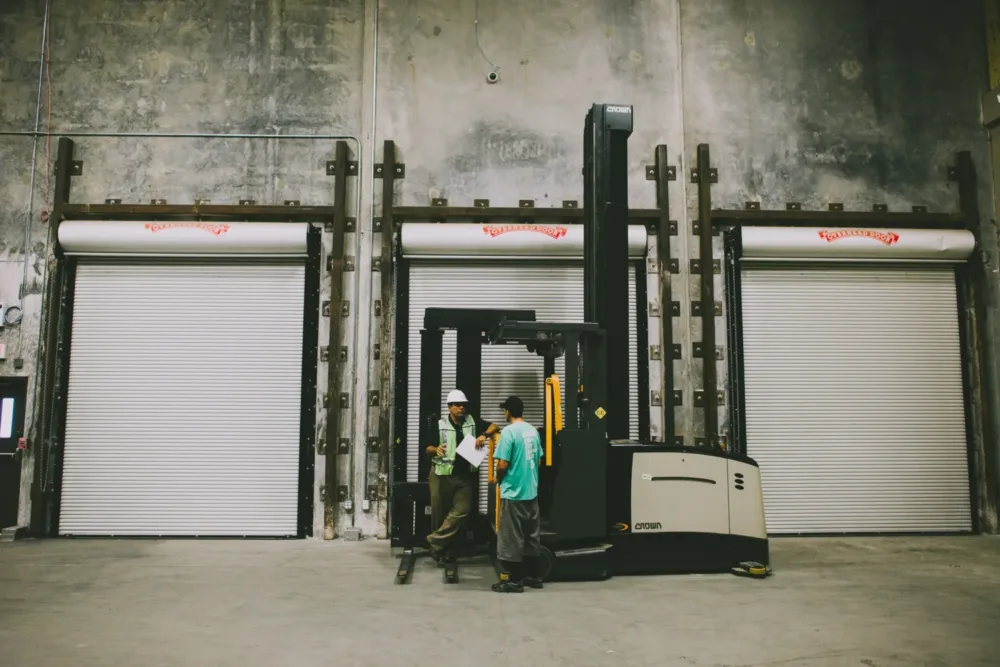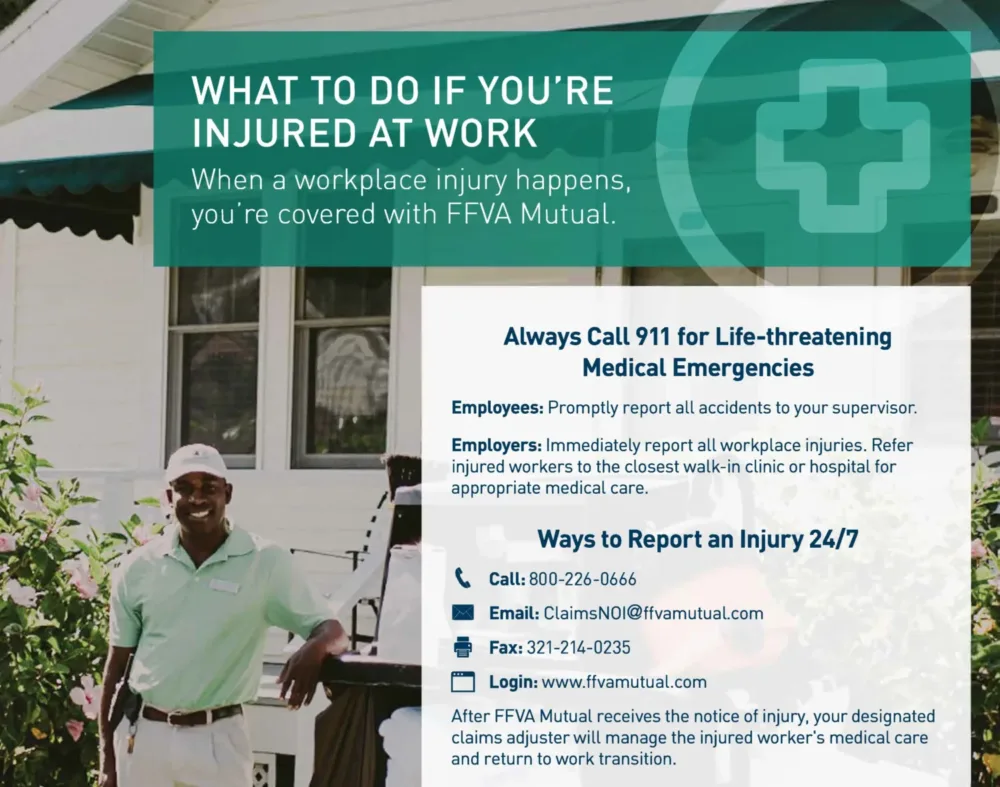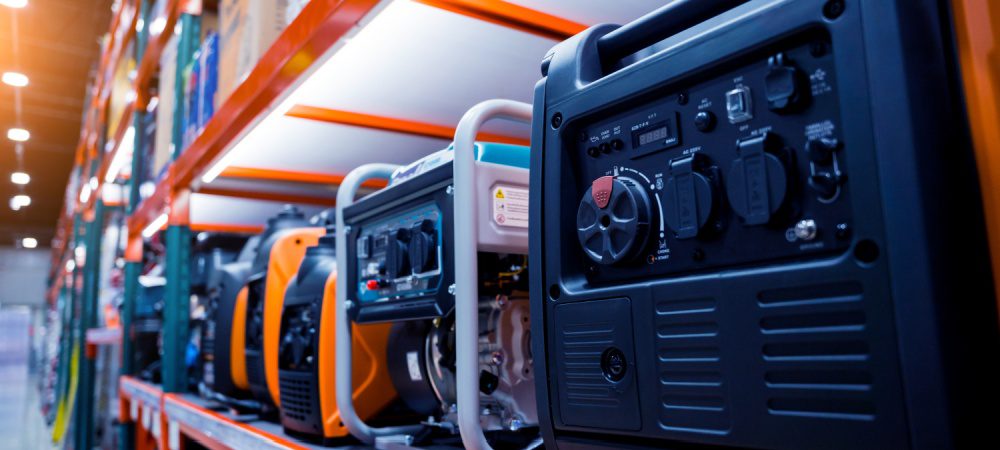Generator Safety Tips for Employers
As the winds of hurricane season start blowing in the southeastern U.S., many businesses often rely on generators to keep operations running smoothly. However, mishandling these essential pieces of equipment can lead to fire, damage to electrical equipment and potentially life-threatening accidents. By following these generator safety tips, you can protect your employees, reduce the risk of accidents, and ensure a safe working environment.
The dangers of generator misuse
When it comes to generators, a little knowledge can go a long way in preventing mishaps. Using a generator the wrong way can create some serious hazards. One of the biggest culprits is electrocution, which can occur if a generator isn’t operated correctly.
Another deadly threat is carbon monoxide (CO) poisoning. CO is often called the “invisible killer” because it’s colorless and odorless, making it hard to detect without a CO detector. Sadly, data from the Consumer Product Safety Commission (CPSC) reveals that each year, 100 people in the U.S. lose their lives due to CO poisoning caused by gasoline-powered portable generators.
In addition to these risks, improper fuel storage can result in fires, and ongoing generator operation can lead to noise and vibration hazards.
However, these unfortunate incidents can be prevented. By educating ourselves and adhering to safety guidelines, we can help ensure that generators are a source of relief, not risk.
10 Generator Safety Tips for Safe Use
When the storm clouds gather and the lights flicker out, backup generators become the silent heroes in our homes and workplaces. They’re a reliable source of power, helping maintain normal operations and comfort until the power is restored.
That said, before you fire up that generator, let’s switch on our safety awareness and take these precautions.
1. Be aware of hazards
Don’t underestimate the hazards that come with using a generator. Get familiar with the risks, including the chance of electrical shocks and electrocution from incorrect use, deadly CO poisoning from the exhaust and fire hazards from careless refueling or fuel storage.
2. Ventilate, ventilate, ventilate
Adequate ventilation is key. To do this, avoid running your generator closer than 15 feet from any window, door or vent. Remember that running a generator indoors or in a garage with the door open is a definite no-go. It’s a shortcut to serious carbon monoxide poisoning.
3. Invest and install carbon monoxide detectors
As we mentioned earlier, a these CO detectors are a small investment and an early warning system to help prevent CO poisoning in the workplace. To enhance employee safety, install carbon monoxide detectors in areas where generator fumes could potentially enter.
4. Stay grounded
Make sure you follow your owner’s manual instructions to the letter when grounding your generator. If you’re unsure, a licensed electrician can help you stay safe and grounded.
5. Clear the debris and keep it dry
Maintain a debris-free zone of 3 to 4 feet around your generator. This helps ensure proper ventilation and can prevent fires. If it’s raining, keep your generator dry and under an open, canopy-like structure.
6. Keep electric hazards at bay
Stick to plugging any appliance directly into the generator, following the manufacturer’s instructions. If you need to use an extension cord, it must be a three-pronged, grounded, heavy-duty one, approved for outdoor use.
7. Cord control is key
Avoid a tripping disaster by keeping your cords organized and in plain sight. Check them regularly for any signs of damage like cuts or fraying, which could potentially spark a fire.
8. Avoid “back feeding” power
To protect yourself and utility workers from serious risk of electrocution, don’t plug the generator into a wall outlet. This is a dangerous practice known as “back feeding.”
9. Handle with care
Your generator can turn from cool to hot in no time. Even after a short operation, the exterior can become dangerously hot. When you need to touch it, ensure you’re wearing protective gear. Also, trying to fix or work on a generator while it’s running or plugged in is a (literally) shocking idea. Safety first!
10. Stay prepared
Always keep a fully charged fire extinguisher nearby when operating your generator. And be on the lookout for symptoms of CO poisoning like light-headedness, dizziness, fatigue or nausea. If you or anyone nearby shows these signs, get to fresh air immediately and seek medical attention.
For an easy reference to these generator safety tips, feel free to download these printable tips.
Do’s and don’ts for generator fuel storage
Navigating generator safety starts with the right fuel, as stated in your owner’s manual. The type of fuel your generator needs is not up for debate — it’s a manufacturer’s directive designed to ensure your machine’s best performance and longevity.
How you store fuel also matters significantly. Keep fuel stored outdoors in a cool, well-ventilated space, away from any potential ignition sources. Storing fuel indoors can escalate hazards dramatically, including potential leaks or spills that can lead to disastrous consequences.
When it comes to choosing a container for storing your fuel, safety supersedes aesthetics. ANSI-approved containers are purpose-built to uphold safety standards, designed to minimize leaks and spills, ensuring your fuel stays where it’s meant to be.
Also, it’s worth repeating that you should never refuel your generator while it’s running. It might seem like a time-saver, but in reality, it’s a shortcut that could lead to serious safety risks.
Keep your workplace safe with FFVA Mutual
Understanding and practicing generator safety is as crucial as having a generator during hurricane season. As we brace ourselves against the winds, let’s also shield ourselves from avoidable accidents.
We can magnify this impact by sharing these generator safety tips within our communities. Knowledge, after all, is the most powerful tool we have. So, let’s make safety our shared language this hurricane season.
For major storm and hurricane preparedness tips, including the latest smartphone apps and what’s needed to assemble an emergency prep kit, view our post on ways to prepare for hurricane season.
Looking for more insights and guidelines on staying safe at work? We encourage you to explore our wealth of safety resources and safety videos.
Here’s to a safe and well-prepared hurricane season. Let’s ride out the storm, together.






























